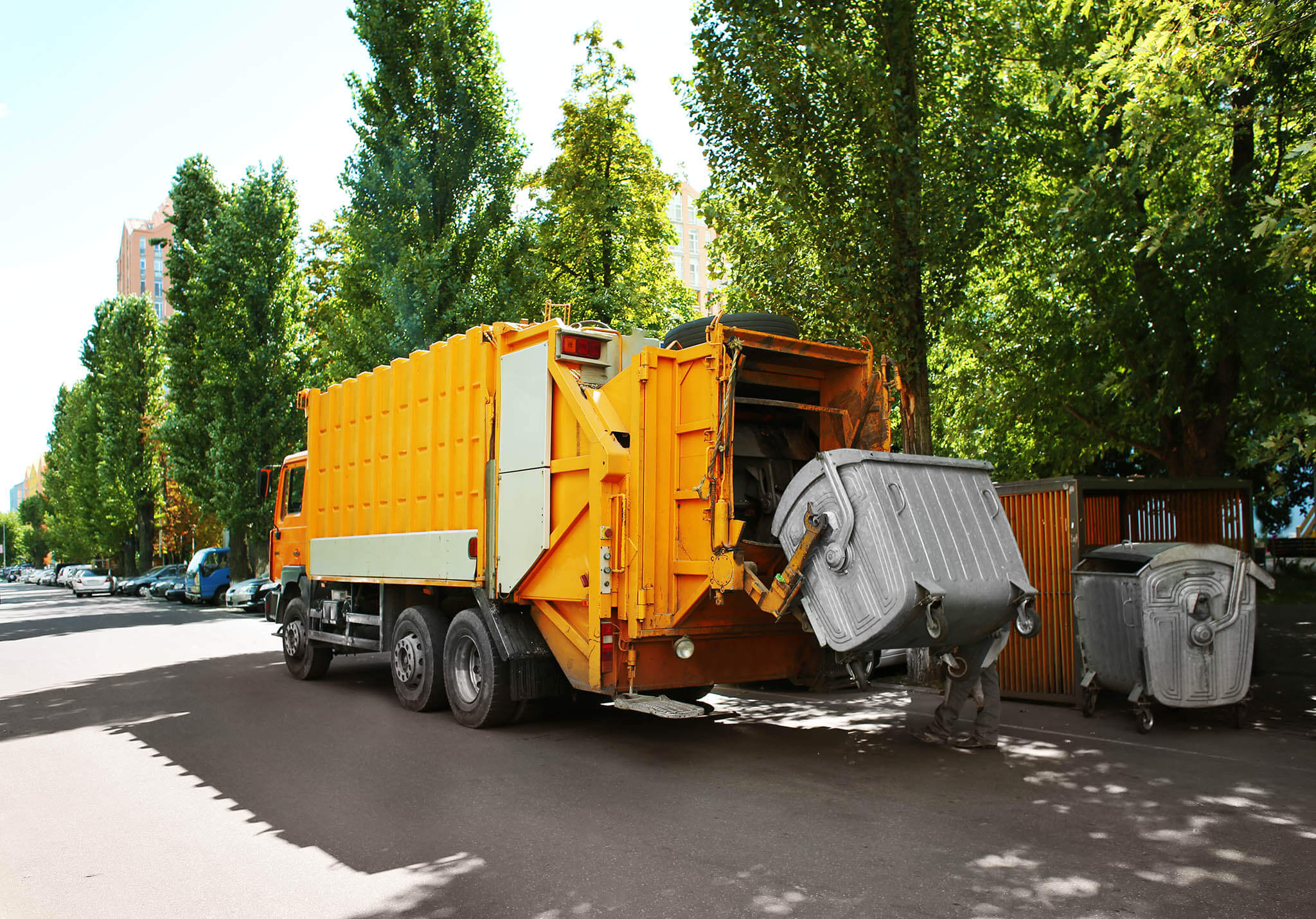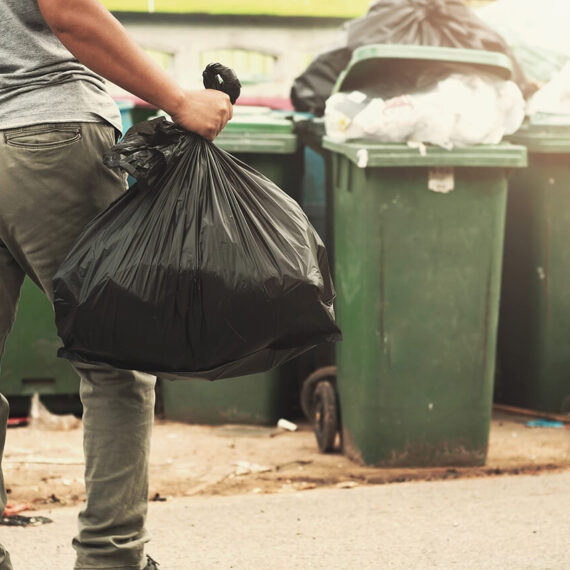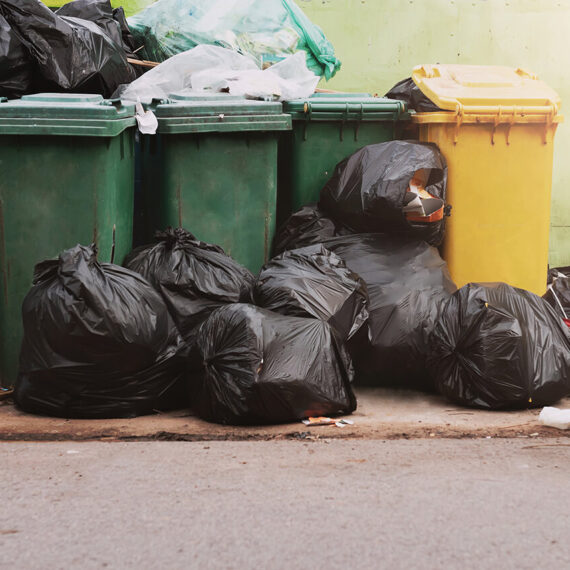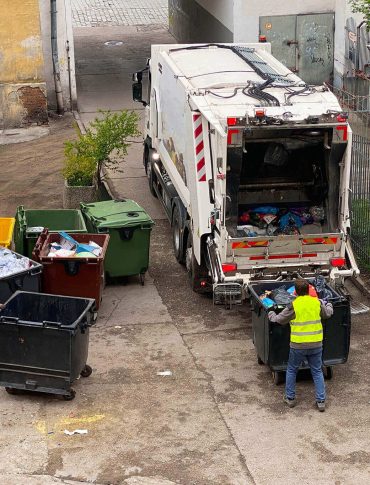
Trusted And Reliable Waste Collection!
If you have any questions or need help, feel free to contact with our team.
(+20) 238300488
19 El Madina El Monawara Ad Duqqi, Egypt
Contact Our Team
Download Brochure
Overview
Nearly half of global waste is organic, yet much of it is burned or dumped releasing methane that is 28 times more harmful than CO₂ and causing soil, air, and water pollution. At the same time, soils are degrading and farming systems are under pressure.
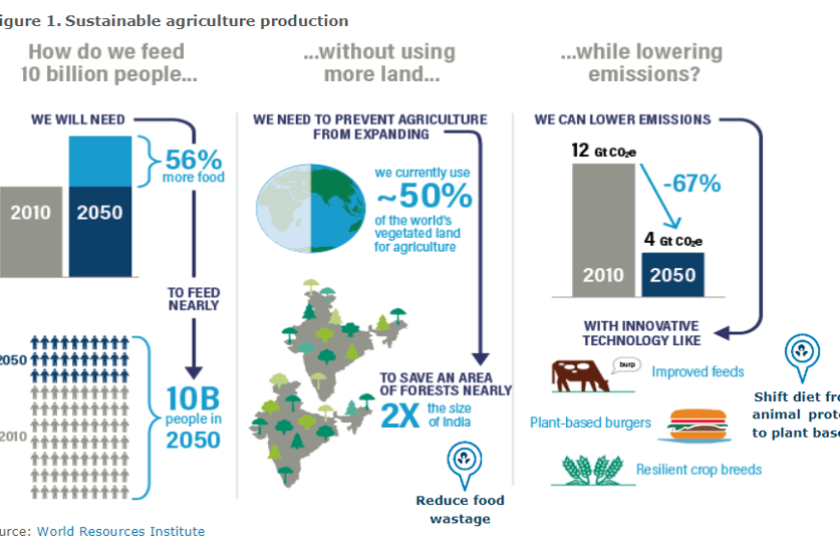
Watch Our Video!
We turn this challenge into an opportunity. By transforming organic waste into fertilizers, feed, and food, we prove that sustainability is not an add-on but a working system — practical, measurable, and scalable.
Sustainable Solutions For Soil, Waste, Climate & Communities
At Baramouda, we transform today’s biggest challenges into opportunities for a greener future.
Through cutting-edge biotechnology and a zero-waste model, we restore soil health, recycle organic waste, reduce emissions, and empower communities. Our mission is simple yet powerful: turn waste into value, protect natural resources, and build a circular economy that supports both farmers and the planet.
Through cutting-edge biotechnology and a zero-waste model, we restore soil health, recycle organic waste, reduce emissions, and empower communities. Our mission is simple yet powerful: turn waste into value, protect natural resources, and build a circular economy that supports both farmers and the planet.
Agriculture & Soil Health
- The Problem: Over 33% of soils worldwide are degraded due to chemical fertilizers and unsustainable practices.
- Baramouda’s Contribution: Our biofertilizers restore soil fertility by reintroducing natural microbes and nutrients, improving crop resilience, and reducing dependence on chemicals.
- Sustainability Contribution: We support thousands of acres of farmland with soil-regenerating products, offering farmers cost-effective and long-lasting alternatives.
Food Security
The Problem: Nearly 828 million people worldwide suffer from hunger, while food demand is projected to rise by 60% by 2050. Climate change, soil degradation, and waste mismanagement further threaten the stability of global food systems.
Baramouda’s Contribution: By transforming organic waste into high-quality biofertilizers and feed alternatives, we help farmers increase yields sustainably and reduce dependence on costly chemical inputs. This ensures more reliable food production while lowering environmental impact.
Sustainability: Our solutions strengthen food systems from the ground up—supporting farmers with tools to grow more using fewer resources, enhancing crop nutrition, and contributing to global efforts to secure food for future generations.
Organic Waste Management
The Problem: 44% of global waste is organic, but most ends up in landfills or open burning, creating pollution and climate damage.
Baramouda’s Contribution: We operate a zero-waste model, giving every kilogram of organic material a second life. With digital tracking, we make the entire waste journey transparent and accountable.
Sustainability: We have already redirected millions of kilograms of organic waste from landfills, turning them into products farmers and businesses can use.
Climate & Environment
The Problem: Mismanaged organic waste is one of the fastest-growing sources of greenhouse gas emissions. At the same time, conventional farming practices dependent on chemical fertilizers release large amounts of CO₂ and nitrous oxide, worsening the climate crisis.
Baramouda’s Contribution: By recycling organic waste and replacing chemical fertilizers with bio-based alternatives, we reduce emissions both from waste disposal and agricultural production.
Sustainability: Each ton of organic waste we recycle avoids methane release and lowers the carbon footprint of farming inputs — contributing to climate resilience at scale.
Communities & Economy
The Problem: Organic waste is often seen as a burden, creating costs for businesses and municipalities while offering little benefit.
Baramouda’s Contribution: We turn that burden into value, making waste management cost-effective and productive. Our work creates green jobs, lowers input costs, and supports communities with scalable, local solutions.
Sustainability: By building a circular system around organic waste, we deliver both environmental benefits and inclusive economic growth.

